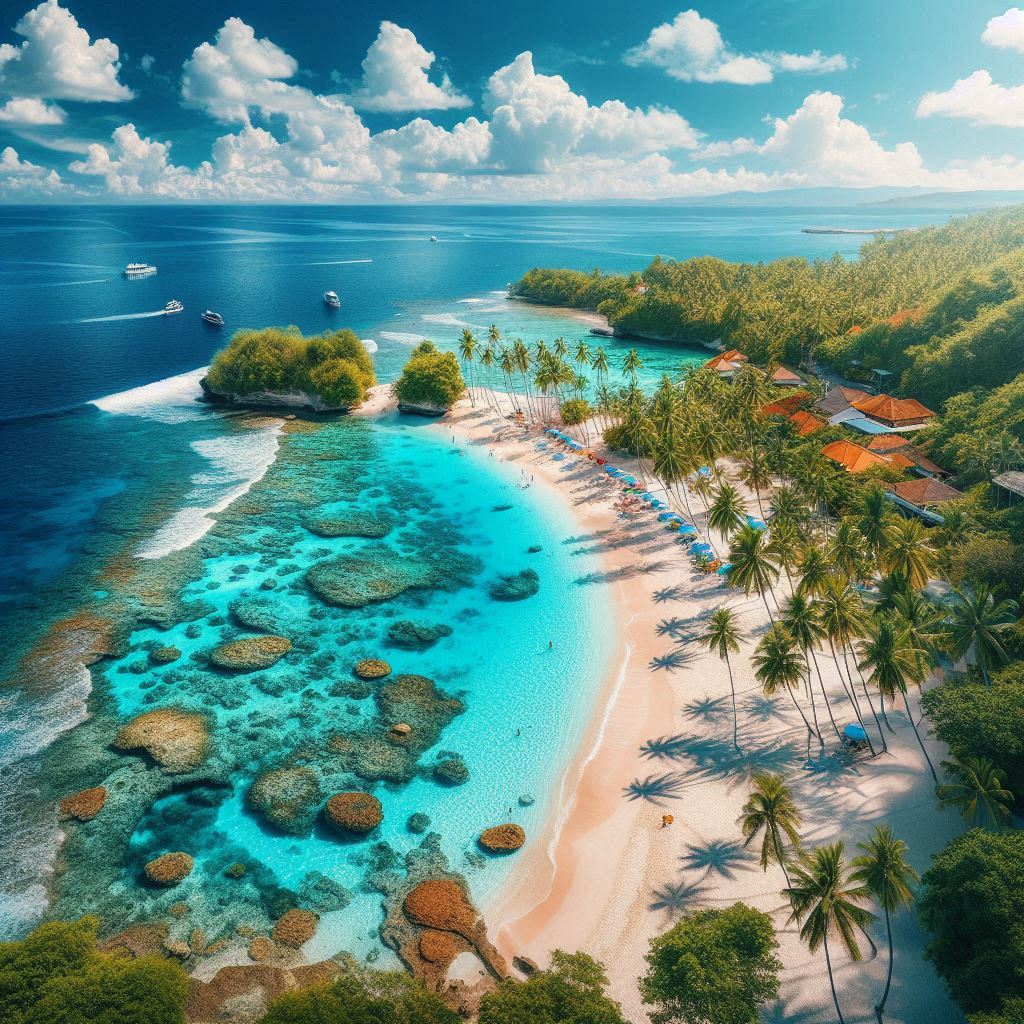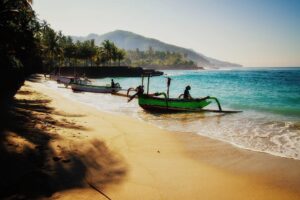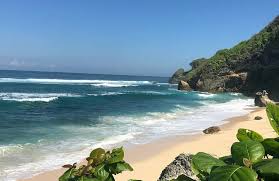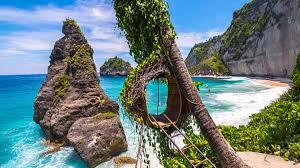
Bali, renowned for its lush landscapes and vibrant culture, is also home to some of the world’s most diverse and spectacular coral reefs. Nestled within the Coral Triangle, a region known for its exceptional marine biodiversity, Bali’s coral reefs teem with life, offering a glimpse into a thriving underwater ecosystem that supports a vast array of species. From vibrant coral gardens to bustling fish markets, exploring Bali’s coral reefs unveils a world of beauty, wonder, and ecological significance.
The Coral Triangle: A Global Marine Biodiversity Hotspot
Stretching across six countries in the Indo-Pacific region, the Coral Triangle is often referred to as the „Amazon of the Seas“ due to its extraordinary biodiversity. This marine hotspot is home to over 75% of the world’s coral species, as well as a dizzying array of marine life, including fish, invertebrates, and marine mammals.
Ecological Importance
Bali lies at the heart of the Coral Triangle, making it an integral part of this global biodiversity hotspot. The coral reefs surrounding the island provide crucial habitat and breeding grounds for countless species, including commercially important fish species such as tuna, grouper, and snapper. Healthy coral reefs also play a vital role in supporting local livelihoods, providing food, income, and coastal protection to millions of people across the region.
Threats and Conservation Challenges
Despite their ecological importance, Bali’s coral reefs face a myriad of threats, including overfishing, pollution, coastal development, and climate change. Coral bleaching, caused by rising sea temperatures, poses a particularly grave threat to the health and resilience of Bali’s reefs. In response to these challenges, a variety of conservation organizations, government agencies, and community groups are working tirelessly to protect and restore Bali’s coral reefs through initiatives such as marine protected areas, coral reef monitoring programs, and community-based conservation projects.
Diving into Bali’s Underwater Wonderland
Exploring Bali’s coral reefs is a mesmerizing journey into a world of breathtaking beauty and biodiversity. Whether snorkeling in shallow lagoons or diving in deep-sea trenches, visitors to Bali can immerse themselves in the kaleidoscopic colors and bustling life of the reef.
Coral Gardens and Marine Sanctuaries
Bali’s coral reefs are renowned for their stunning coral gardens, where vibrant corals in a myriad of shapes, sizes, and colors provide habitat for an astonishing array of marine life. Marine sanctuaries such as Menjangan Island, located off the northwest coast of Bali, offer pristine diving and snorkeling opportunities, with crystal-clear waters teeming with fish, turtles, and other marine creatures.
Wrecks and Artificial Reefs
In addition to natural reefs, Bali is also home to several artificial reefs and wreck sites that provide habitat for marine life and offer unique diving experiences. The USS Liberty shipwreck, located off the coast of Tulamben, is one of Bali’s most famous dive sites, attracting divers from around the world with its abundant marine life and historical significance.
Muck Diving and Macro Photography
For underwater enthusiasts seeking out Bali’s lesser-known treasures, muck diving and macro photography offer a fascinating glimpse into the hidden world of tiny critters and cryptic creatures that inhabit Bali’s sandy seafloors and coastal habitats. From colorful nudibranchs and elusive seahorses to bizarre cephalopods and crustaceans, muck diving in Bali is a treasure trove of biodiversity waiting to be discovered.
Sustainable Tourism and Responsible Diving
As tourism in Bali continues to grow, there is an increasing awareness of the need to protect and preserve the island’s marine resources for future generations. Sustainable tourism initiatives focused on marine conservation aim to promote responsible diving practices, reduce the impact of tourism on coral reefs, and educate visitors about the importance of protecting Bali’s marine biodiversity.
Dive Operator Certification Programs
Dive operator certification programs, such as the Green Fins initiative, provide guidelines and standards for sustainable diving practices and environmental stewardship. By promoting responsible diving behaviors, minimizing underwater impact, and supporting marine conservation efforts, certified dive operators help ensure that diving tourism in Bali remains sustainable and environmentally friendly.
Marine Conservation Education and Outreach
Educational programs and outreach initiatives aimed at raising awareness about marine conservation and the importance of coral reef protection play a crucial role in promoting sustainable tourism in Bali. Through workshops, seminars, and community engagement activities, these initiatives empower divers and snorkelers to become stewards of the reef, advocating for its protection and preservation.
Coral Reef Restoration Projects
Coral reef restoration projects are also gaining momentum in Bali, with local communities, conservation organizations, and dive operators working together to rehabilitate degraded reefs and promote coral reef resilience. Techniques such as coral transplantation, artificial reef construction, and coral gardening are being used to restore damaged reef ecosystems and enhance their ability to withstand environmental stressors.
Conclusion
Bali’s coral reefs are not only a source of beauty and wonder but also a critical component of the island’s ecological and economic well-being. By exploring Bali’s underwater wonderland responsibly and supporting sustainable tourism initiatives, visitors can play a vital role in protecting and preserving the island’s marine biodiversity for future generations. Together, we can ensure that Bali’s coral reefs remain vibrant, healthy, and resilient for years to come, providing a sanctuary for marine life and a source of inspiration and awe for all who visit them.





